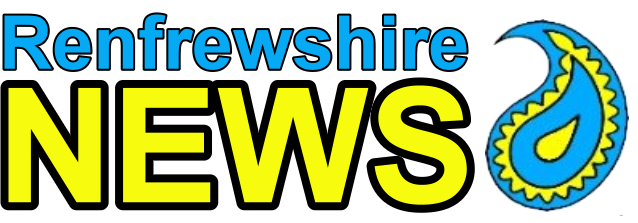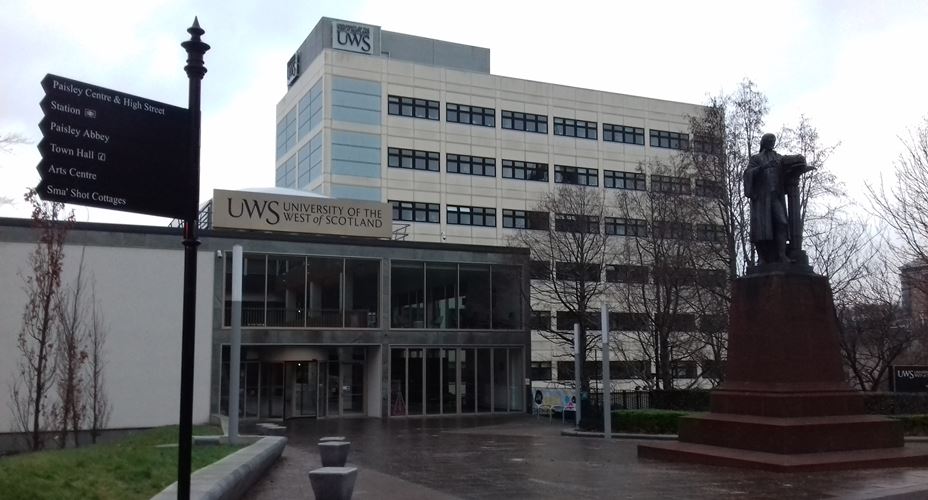Culture and traditions that have shaped communities across Scotland are at risk of being permanently lost to time, according to researchers.
Experts at University of the West of Scotland (UWS) and Historic Environment Scotland (HES) have been working to explore the country’s Intangible Cultural Heritage – aspects of our culture which do not exist in physical form but are passed down through generations. This includes, but is not limited to, folklore, traditional music, oral history and practises such as peat cutting.
Unlike in many other countries, there is as yet no framework in place across the United Kingdom to ensure these traditions are preserved.
The Ar Dàimhean is Dualachas (Our Relationships and Heritage) project team – funded by the British Academy Early Career Network – are working with with communities to understand what intangible cultural heritage means to them and how they can be better supported in future by Scotland’s public bodies. Further work, including workshops and developing guidance, will be taken forward over the next year.
Project co-lead Dr Stephen Collins, a Reader in Performance at UWS, said: “The lack of a framework to protect intangible heritage in Scotland as created a series of problems.
“Firstly, economically. At the moment, a filmmaker can come into Scotland and use all sorts of cultural signifiers, without any requirement for payment, which could generate income for the communities.
“Then there’s the fact it creates the risk of people losing ownership of our own traditions and stories. A production company can present Scottish traditions in a way that prioritises the story they want to tell over reality – and this risks fictions overwriting fact.
“Blockbuster film and television productions set in Scotland can sometimes create take creative liberties, creating a false sense of what Scotland and its traditions are. It blurs the line between fiction and reality, making preservation all the more important.”
The project leads, Dr Collins, Dr Ben Thomas (HES) and HES’s Gaelic team, Catriona Morrison and Iain Craig, along with colleagues from Creative Scotland, initially delivered workshops on the Isles of Lewis and Harris; with a particular emphasis on Gaelic, and the culture that surrounds the language.
Bill Lawson of Seallam! who attended the workshops on Harris said “Time is not on our side. The sources of information, first-hand information, are disappearing so quickly. It came across nicely that people are realising the urgency of it.”
Dr Collins added: “We want to create a Scotland-wide network of best practice – to amplify the good work being done to safeguard intangible cultural heritage for the future.
“This will, of course, take time – but it’s something that is within our reach, and an important step forward as we look to preserve Scottish traditions.”
Catriona Morrison, Gaelic Language Policy Manager at Historic Environment Scotland (HES), said, “Scotland has an incredibly rich cultural heritage with roots that run deep through our history, our environment, our language, and our stories. Through these workshops we were able to collect and record invaluable insights into the Western Isles’ intangible cultural heritage to give us a greater understanding and ensure we can protect elements of the language and traditions at risk of being lost.
“We will use what we learned in Lewis and Harris to develop best practice and to work with local communities to safeguard their intangible cultural heritage.”
A final, online, community conversation workshop will run on Tuesday 28 November, 6.30pm – 8.30pm. This will include an overview of conversations and learnings in the project thus far, and a chance for people to share their own thoughts about intangible cultural heritage and Gaelic.

